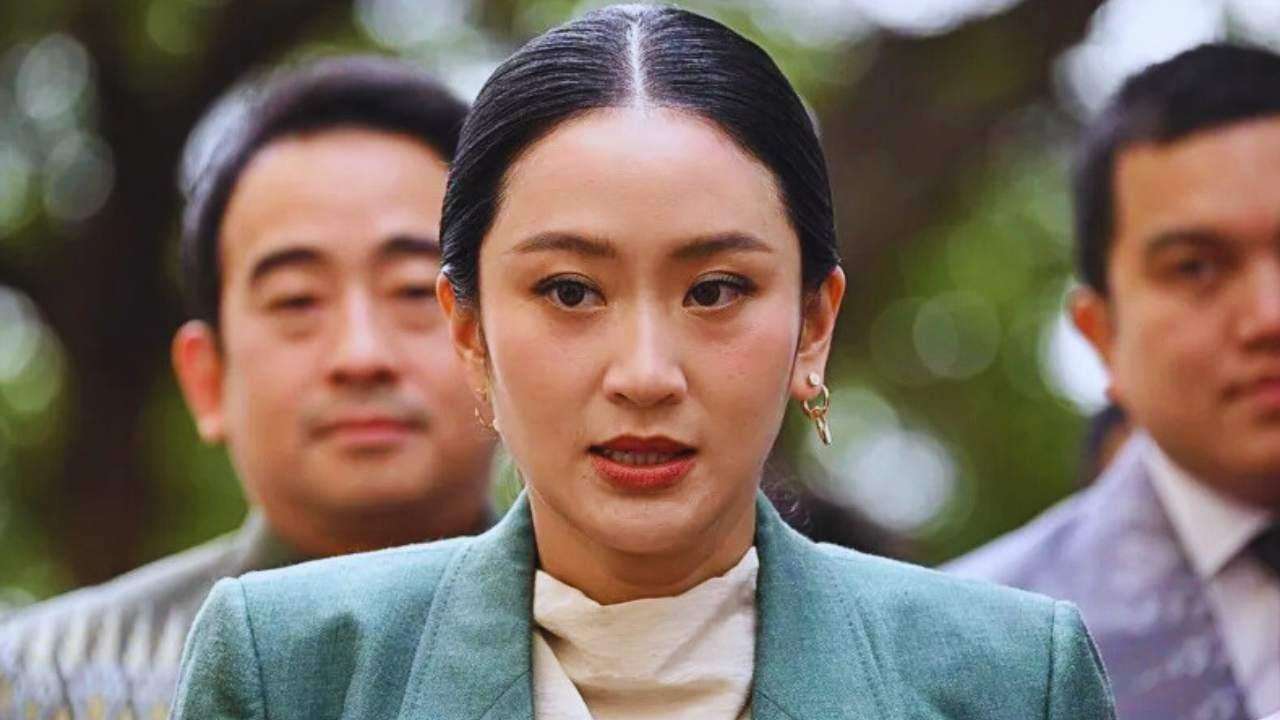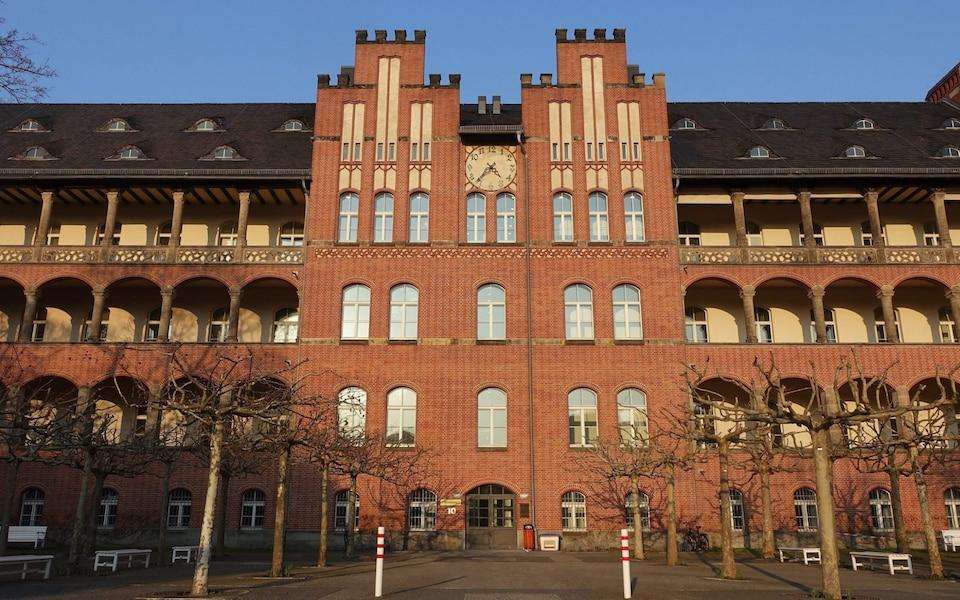Thailand’s Constitutional Court has suspended Prime Minister Paetongtarn Shinawatra from her duties, following growing public and political pressure after a leaked phone call with former Cambodian leader Hun Sen surfaced. In the audio clip, Paetongtarn referred to Hun Sen as “uncle” and made critical remarks about a senior Thai military commander. The leak triggered widespread outrage and led to a petition calling for her dismissal — a petition the court is now formally reviewing.
The court, in a 7-2 decision, voted to suspend her while it deliberates on the case. Paetongtarn has been given 15 days to submit her defense. During this suspension period, Deputy Prime Minister Suriya Jungrungruangkit will assume the role of acting prime minister.
If dismissed, Paetongtarn would become the third member of the powerful Shinawatra family — a political dynasty that has shaped Thai politics for over 20 years — to lose office before completing their term. The ruling Pheu Thai party has already seen political instability, and the coalition government she leads is hanging by a thread after a key conservative ally withdrew support just two weeks ago.
This would also mark the second time in less than a year that a Pheu Thai prime minister was removed from office. In August of the previous year, then-Prime Minister Srettha Thavisin was dismissed for appointing a former lawyer with a criminal record to his cabinet. Paetongtarn, daughter of ousted former Prime Minister Thaksin Shinawatra, succeeded him shortly thereafter.
At 38 years old, Paetongtarn is Thailand’s youngest-ever prime minister and only the second woman to hold the position — the first being her aunt, Yingluck Shinawatra. However, her administration has struggled to gain traction amid an economic slowdown, and her approval rating has nosedived from 30.9% in March to just 9.2% in the latest poll.
Paetongtarn publicly apologized for the controversial phone call, claiming her comments were part of a "negotiation tactic" regarding ongoing border disputes with Cambodia. However, conservative lawmakers accused her of undermining Thailand’s military and bowing to foreign influence, particularly from Cambodia.
The court's ruling coincides with mounting legal troubles for her father, Thaksin Shinawatra — a central figure in her political rise. He is currently on trial for allegedly insulting the monarchy under Thailand’s strict lese majeste law, stemming from an interview he gave to a South Korean media outlet in 2013. Thaksin, who returned to Thailand in 2023 after 15 years of self-imposed exile, is one of the most high-profile individuals to be prosecuted under this controversial law.
Thaksin’s return was seen as part of a broader political deal between the Pheu Thai party and its former adversaries, including conservative military figures and royalist factions — groups that had previously toppled two Shinawatra-led governments in military coups. This fragile alliance now appears to be unraveling as both father and daughter face serious political and legal challenges.

_4.jpg)


 and Dawn Wicks.jpeg)



.svg)


